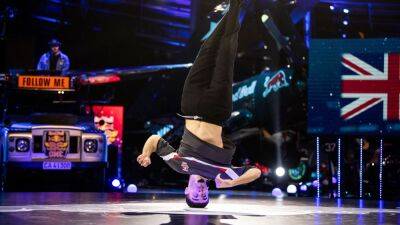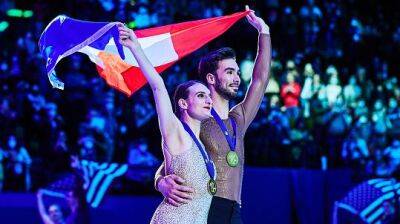Minimum age for figure skating rises to 17, following Olympic controversy
Ice skaters will have to be at least 17 years old to compete in professional competitions after the sport's governing body voted Tuesday to increase the minimum age from 15.
The decision by the International Skating Union (ISU) congress in Phuket, Thailand, follows controversy surrounding the Russian figure skater Kamila Valieva at this year's Beijing Winter Olympics.
"It's a very historic decision," ISU president Jan Dijkema said, after 100 countries voted to support the measure, while only 16 opposed.
Then 15-years-old, Valieva tested positive for a banned substance in a pre-game doping test before the 2022 Olympic contest.
She was allowed to compete, but broke down in tears after falling multiple times during her performance, with the global spotlight on her.
Valieva, who had been tipped for a gold medal, finished fourth.
The ISU said it planned to raise the age limit well before the Valieva case and acknowledged it had a duty of care to elite adolescent athletes.
In a news release, it said the decision was made "for the sake of protecting the physical and mental health, and emotional well-being of the skaters."
The change will be phased in gradually. A minimum age of 15 will remain for the upcoming season, increase to 16 for the 2023-24 season and then raise to 17 for all following years, including the 2026 Winter Games.
This will disrupt the career of top Russian junior skater Sofia Akateva, who is 14. Her birthday falls days after the July 1 deadline to classify skaters’ ages for the upcoming season. Yet, having turned 18, she will be able to compete in 2026.
Before the vote, ISU director-general Fredi Schmid acknowledged the body had faced media pressure and a "major attack" in the wake of the Valieva controversy.
He told








